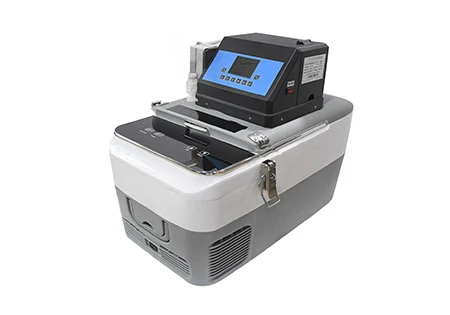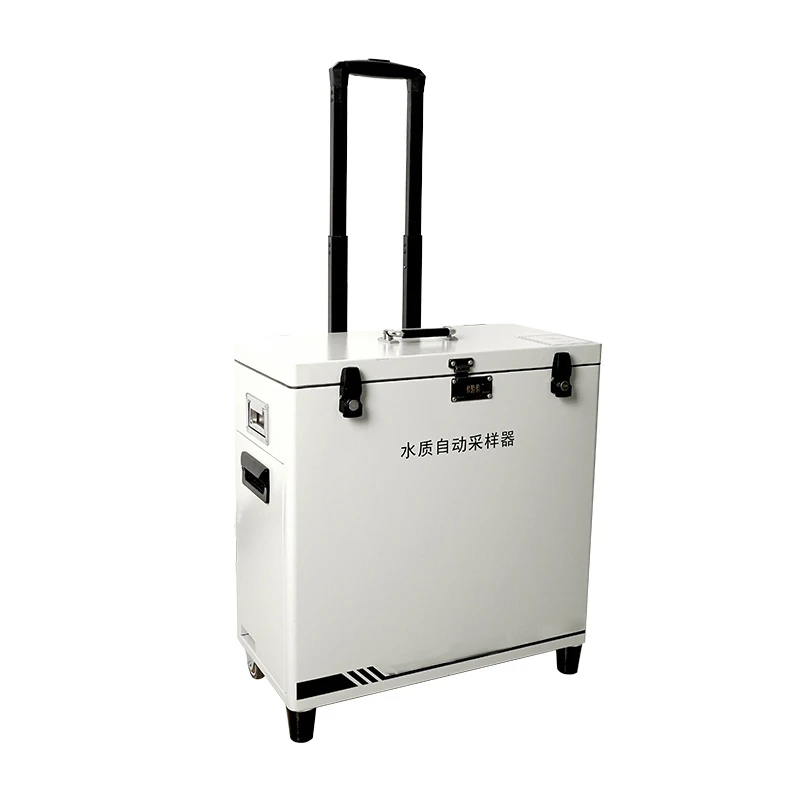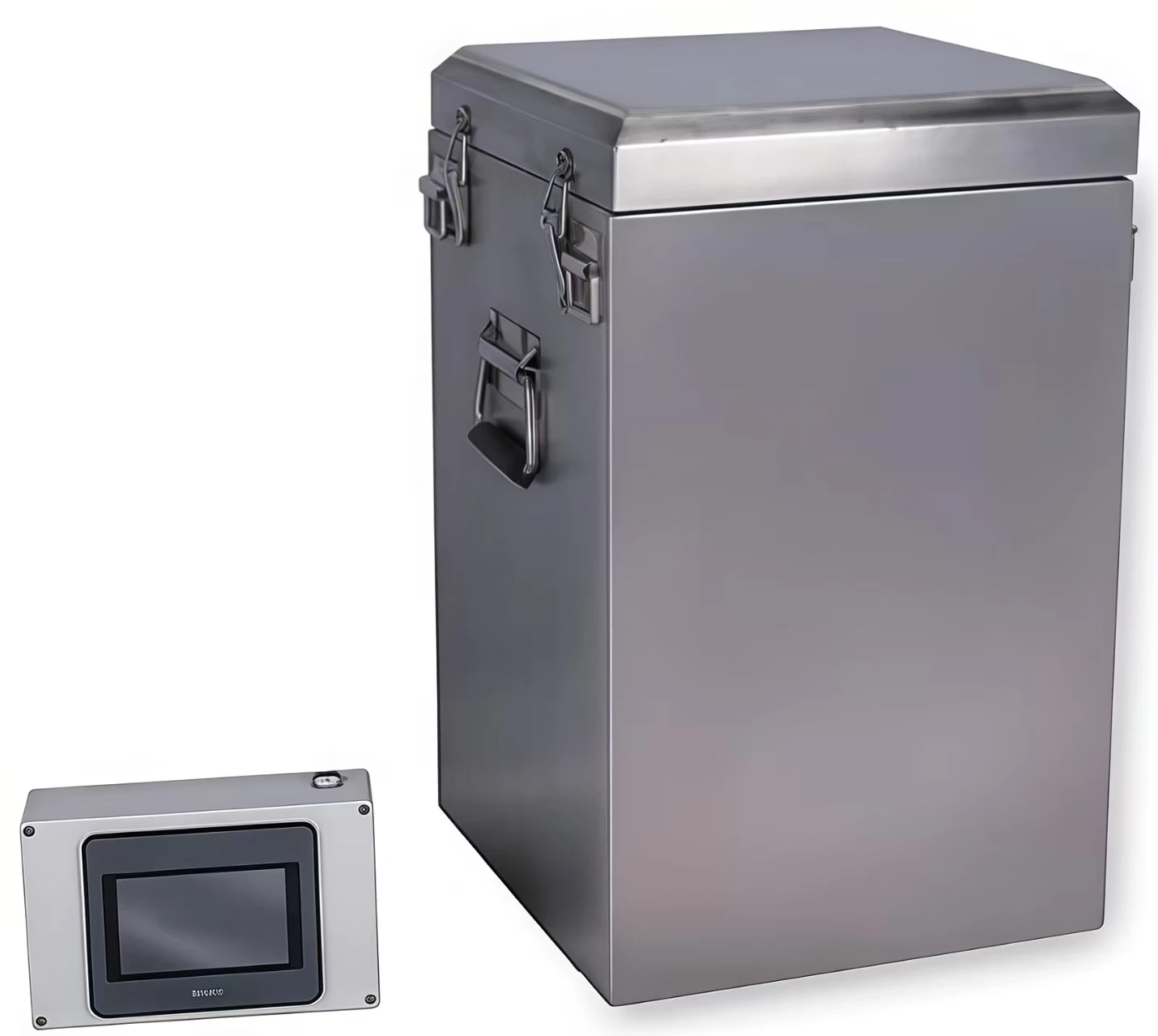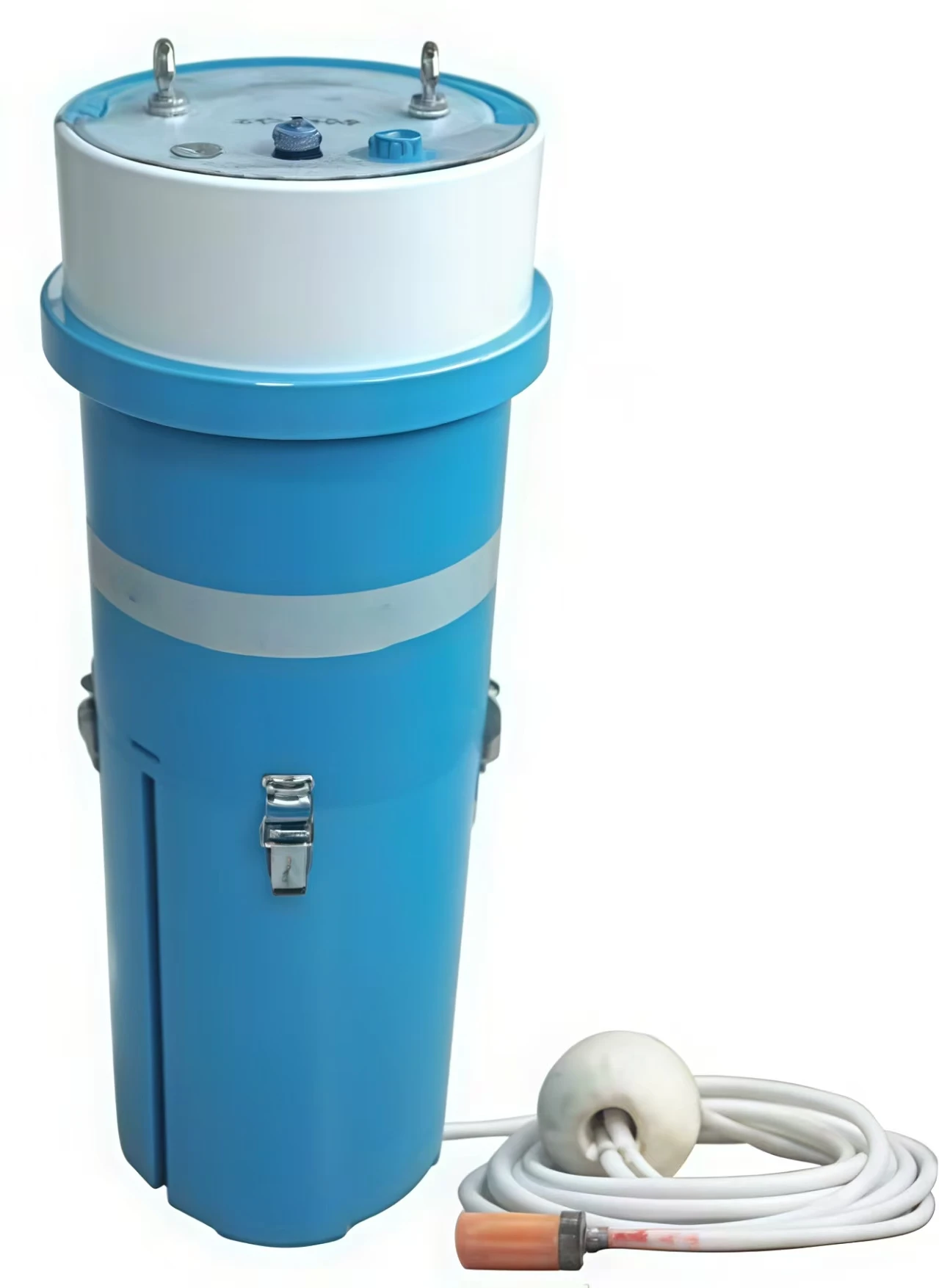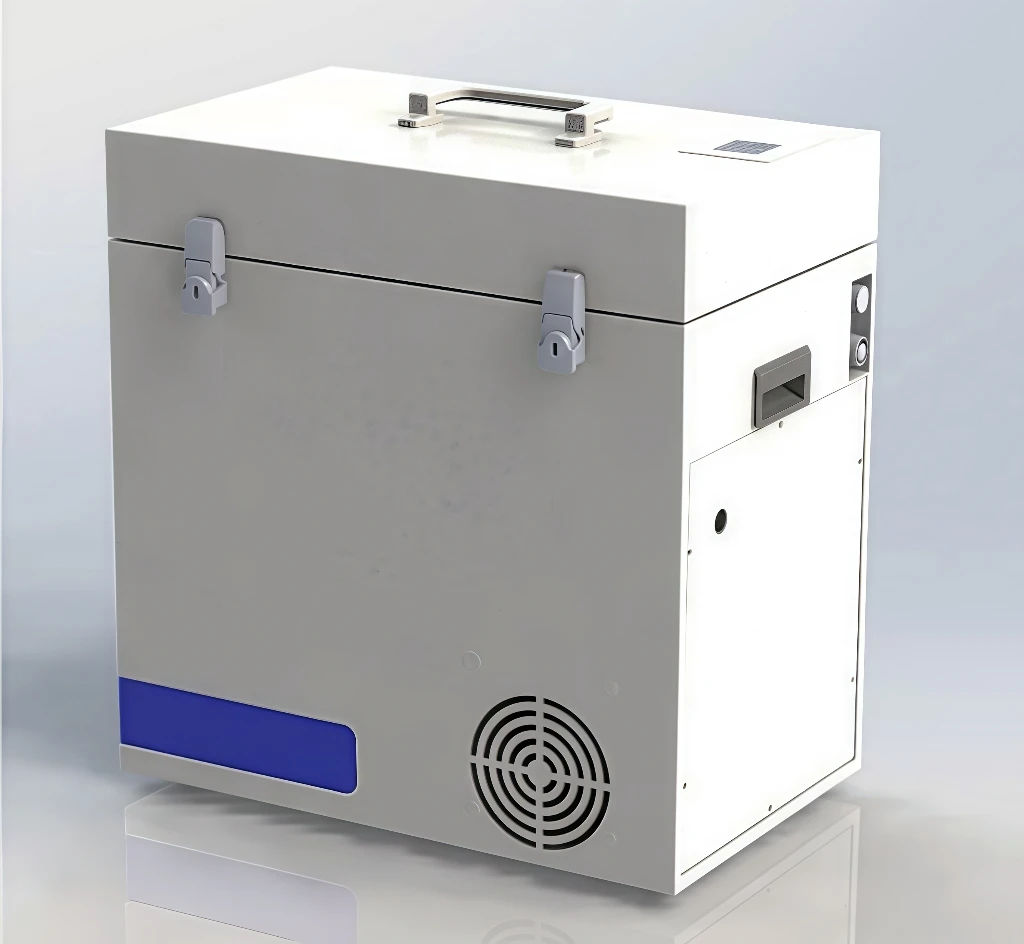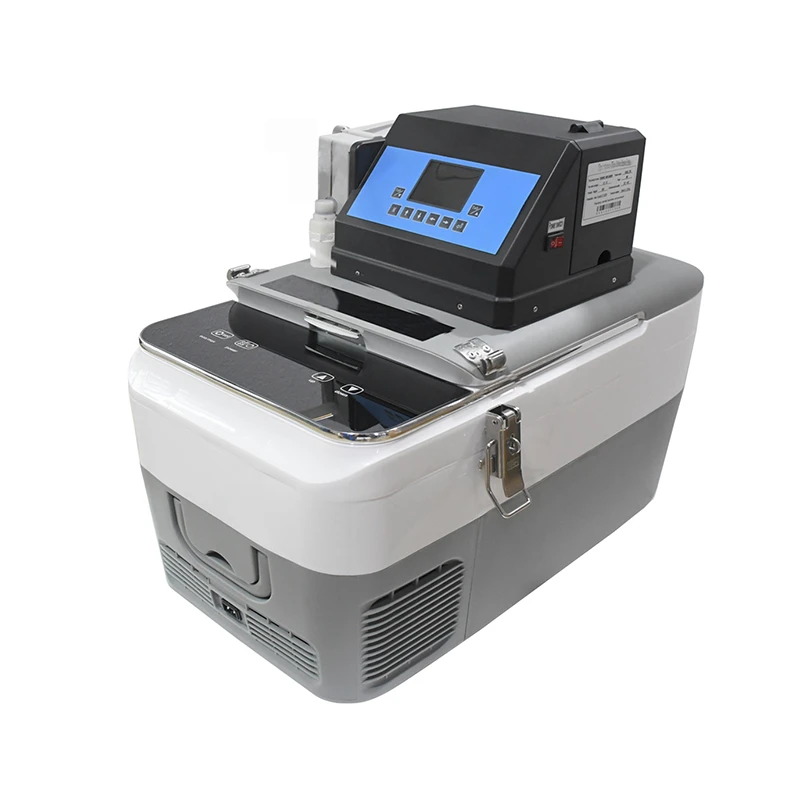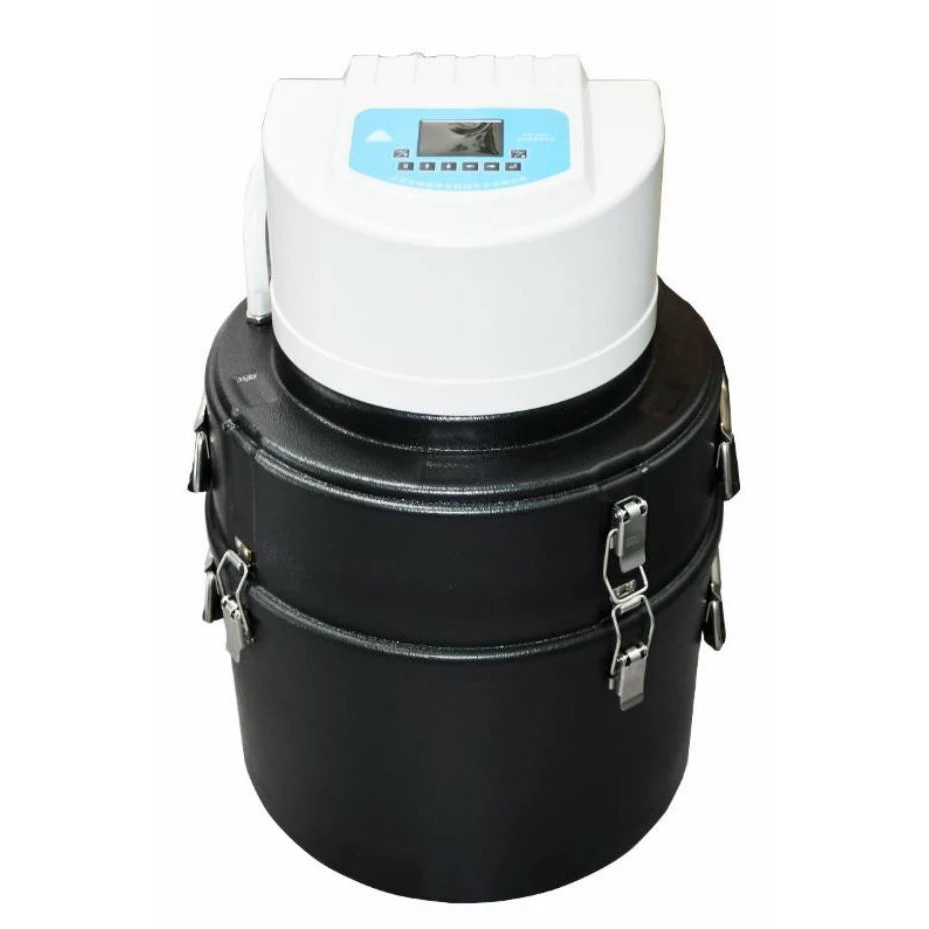Our water sampler is an innovative and reliable device designed to meet the diverse needs of water quality monitoring. It plays a pivotal role in ensuring accurate and representative water sample collection across various environments.This water sampler is engineered with precision and durability in mind. Its robust construction allows it to withstand harsh conditions, whether it's deployed in a fast - flowing river, a stagnant pond, or a chemically - treated industrial water system. The sampling mechanism is carefully designed to ensure that the collected water samples are free from contamination and truly reflect the characteristics of the water source.
One of the key features of our water sampler is its versatility. It offers multiple sampling modes to adapt to different sampling requirements. For example, it can be set to collect discrete samples at specific intervals, providing snapshots of water quality at different times. This is useful for monitoring short - term fluctuations in water parameters, such as during a storm event when pollutants may be washed into water bodies. Additionally, it has the capability for continuous sampling, which is ideal for long - term studies where a comprehensive understanding of water quality trends over time is needed.The water sampler is equipped with advanced sensors that can measure and record important parameters such as temperature, pH, and turbidity during the sampling process. This real - time data collection not only provides immediate insights into the water quality but also helps in correlating the sample characteristics with the environmental conditions at the time of collection.Our water sampler is user - friendly. It comes with an intuitive interface that allows operators to easily set sampling parameters, start and stop the sampling process, and retrieve collected data. The data can be stored internally in a large - capacity memory or transferred wirelessly to a remote monitoring station for further analysis.Our water sampler finds wide applications in environmental monitoring, water treatment plants, research institutions, and industrial facilities. In environmental monitoring, it helps scientists assess the health of ecosystems by providing accurate water samples for analyzing pollutants, nutrients, and biological indicators. Water treatment plants use it to monitor the quality of incoming raw water and the effectiveness of treatment processes.
Research institutions rely on it for in - depth studies on water chemistry and biology. Industrial facilities utilize it to ensure compliance with water quality regulations and to protect their processes from the negative impacts of poor - quality water. With our water sampler, accurate and efficient water sample collection is made possible, contributing to better water quality management and environmental protection.
What Are The Different Types Of Water Samplers?
There are several types of water samplers, each tailored to specific sampling needs.Grab samplers are the simplest and most commonly used. They consist of a container, often a bottle or a bucket, attached to a pole or a rope. Operators manually lower the grab sampler into the water at the desired depth and quickly close it to capture a discrete water sample. This type is ideal for obtaining quick, spot - check samples in accessible areas, such as small ponds or shallow streams.Automatic water samplers are more advanced. They can be programmed to collect samples at pre - set intervals. Some use peristaltic pumps to draw water into sample containers. These are great for long - term monitoring, like in water treatment plants where regular samples are needed to assess treatment efficiency over time.
Depth - integrated samplers are designed to collect samples from a specific depth range. They typically have a large - volume collection chamber and are lowered into the water. As they are raised, water is collected from different depths within the targeted range. This type is useful for studying vertical water quality variations in lakes or deep rivers.Biofilm samplers focus on collecting samples of the biofilm present on submerged surfaces. They usually have a surface - attachment mechanism, allowing biofilm to grow on it over time. Scientists use these to analyze the microbial communities in water systems, which is crucial for understanding ecosystem health. Each type of water sampler serves a unique purpose in water quality monitoring.
What Does A Water Sampler Do?
A water sampler is an indispensable tool in the realm of water quality assessment, serving multiple crucial functions.At its most fundamental level, a water sampler's primary task is to collect water samples from various sources. This includes rivers, lakes, oceans, groundwater wells, and industrial or domestic water supply systems.By gathering these samples, it enables in - depth analysis of the water's physical, chemical, and biological properties.For physical property analysis, water samplers play a key role. The collected samples can be used to measure parameters such as temperature, turbidity (cloudiness), and color. Temperature affects the solubility of gases and the metabolic rates of aquatic organisms. Turbidity indicates the presence of suspended particles, which can impact light penetration and aquatic life. Color can be an indicator of dissolved organic matter or contaminants.
Chemically, water samplers are essential for determining the concentrations of various substances in water. Samples are analyzed for elements like nitrogen, phosphorus, and heavy metals.Nitrogen and phosphorus levels can lead to eutrophication if excessive, causing algal blooms and oxygen depletion. Heavy metals such as lead, mercury, and cadmium are toxic and can have severe impacts on human and environmental health. Samplers also help in detecting the presence of organic pollutants, like pesticides and industrial chemicals.
Biologically, water samplers facilitate the collection of samples for studying the microorganisms in water. This includes bacteria, viruses, and protozoa. The presence and concentration of these microbes can determine the water's potability and its impact on aquatic ecosystems. In environmental monitoring, water samplers are used to assess the overall health of water bodies. They help in tracking changes over time, whether due to natural processes or human activities such as pollution from industrial discharges or agricultural runoff. In water treatment plants, samplers are used to monitor the quality of incoming raw water and to ensure that the treated water meets the required standards before distribution. In research institutions, water samplers provide samples for in - depth studies on water chemistry, biology, and ecology. Overall, water samplers are the starting point for any comprehensive water quality evaluation, enabling informed decision - making for water resource management, environmental protection, and public health safeguarding.
